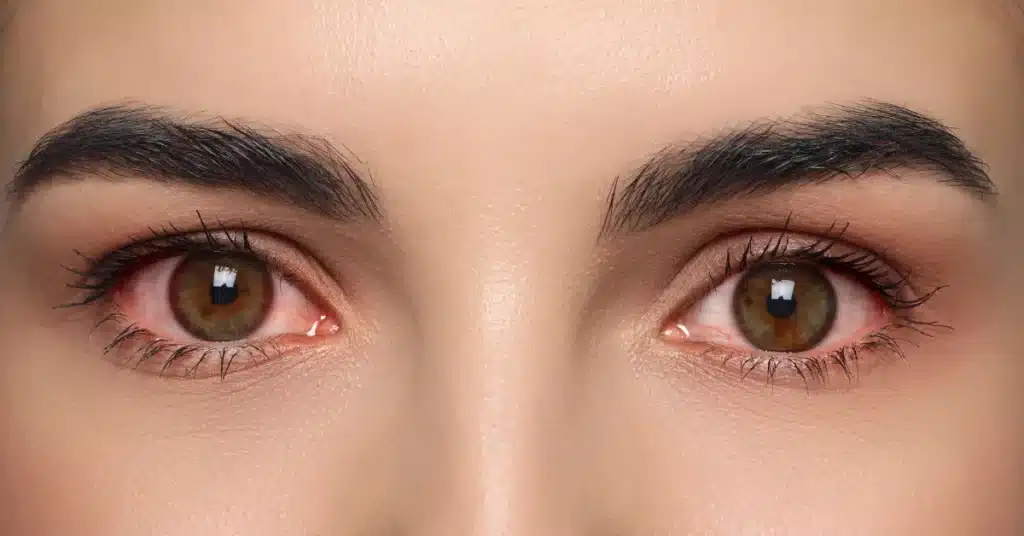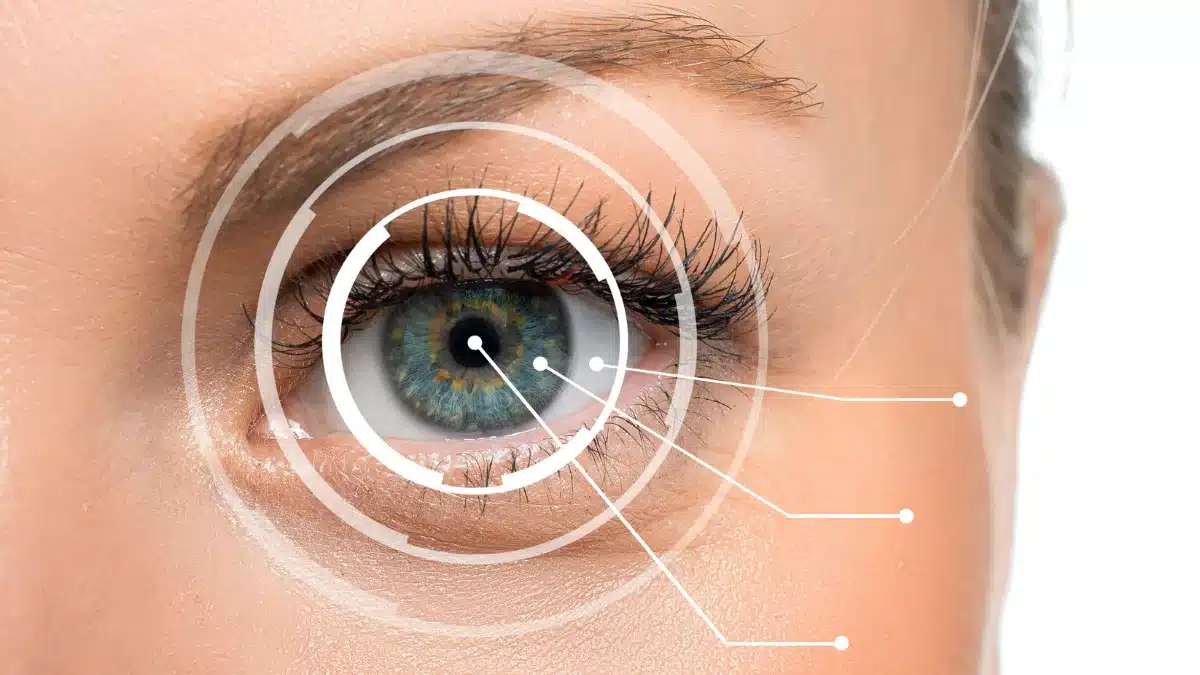Secondary Cataracts, or Posterior Capsule Opacification, occur after Cataract surgery.
Cataract surgery is a method for treating Cataracts, clouded patches on your eye’s natural lens.
Blurred vision or cloudy vision are some of the Secondary Cataract symptoms.
Treatments for Secondary Cataracts include eyeglasses or contact lenses.
This article will discuss symptoms, causes, and treatments for Secondary Cataracts in detail.
What is Secondary Cataracts
Cataracts occur when the eye’s natural lens becomes cloudy, leading to blurred vision.
Secondary Cataracts, a common post-Cataract surgery occurrence, refer to the clouding of the lens capsule.
According to research, 10.65 percent of 718 patients developed Secondary Cataracts after undergoing Cataract surgery.
Secondary Cataracts form due to cell regrowth on the lens capsule, which causes vision issues.
If you are experiencing Secondary Cataracts, seeking medical help for appropriate management is essential.
Regular eye check-ups aid in early detection, enabling timely interventions for optimal Cataract treatment.
Secondary Cataracts symptoms
 Source: pixel_shots
Source: pixel_shotsBlurred vision, glare from lights, and difficulty in seeing at night are some of the symptoms of Secondary Cataract.
People may see a reduction in their vision sharpness, making daily activities more challenging.
Other signs include changes in color perception and the appearance of halos around lights.
If you experience symptoms of Secondary Cataracts, consult a doctor to avoid potential risks and side effects.
Concerned about Cataract symptoms?
Secondary Cataract treatment
The primary treatment for Secondary Cataracts is a painless procedure called YAG laser capsulotomy.
YAG laser capsulotomy creates a small opening in the cloudy lens.
The procedure is highly effective, with minimal risks and a rapid recovery.
Prescription eyeglasses or using contact lenses may also help improve vision in milder cases.
Regular eye check-ups are essential for early detection and timely management of Secondary Cataracts.
Secondary Cataract surgery complications
 Source: Africa_images
Source: Africa_imagesSecondary Cataract surgery, or YAG laser capsulotomy, is generally safe, but complications may arise.
Eye infection, inflammation, or damage to the cornea are common complications after Cataract surgery.
There is a chance of retinal detachment, which, if left untreated, can cause severe vision impairment in some cases.
Some people may also experience problems after Secondary Cataract like eye floaters or seeing flashes of light.
Seek immediate medical assistance if you’re experiencing severe eye pain or sudden vision changes.
After Secondary Cataract surgery, regular check-ups with an eye care professional are needed for optimal results.
Considering Cataract surgery? Types of Cataract Surgery: Choose the Right Path to make well-informed choices for your eye health.
Summing up
Secondary Cataracts, also known as Posterior Capsule Opacification (PCO), are a condition that can develop following Cataract surgery.
It is a major concern for people with prior Cataract surgery, affecting their everyday lives and vision.
Blurred vision, glare from light, and halos from light are some of the symptoms of the condition.
YAG laser capsulotomy is a painless procedure used to treat Secondary Cataracts.
In milder cases, eyeglasses and contact lenses are prescribed.
It is essential to consult a doctor if you are experiencing symptoms to avoid risks and side effects.
Understanding the Possibility: Can Cataracts Come Back After Surgery? on the possibility and preventive measures.
Frequently Asked Questions
Do Secondary Cataracts get worse?
Secondary Cataracts may progress and worsen over time, causing gradual vision deterioration.
Regular eye examinations are crucial for monitoring and addressing any changes in vision or symptoms associated with the condition.
Does medicare cover Secondary Cataract surgery?
Medicare usually covers Secondary Cataract surgery expenses, including procedures and essential medical services.
However, coverage details may vary, so consult Medicare or your healthcare provider for specifics.
How many times can you get a Secondary Cataract?
It is rare to develop Secondary Cataracts more than once.
In most cases, if people undergo surgery to correct a Secondary Cataract, it is unlikely for the condition to recur.
Regular follow-ups with an eye care professional are essential for monitoring eye health.
Can Secondary Cataracts be cured?
Secondary cataracts can be effectively treated with a simple, outpatient laser procedure called YAG laser capsulotomy.
This procedure is highly successful in restoring clear vision by addressing the clouding that may occur after cataract surgery.
How common are Secondary Cataracts?
Secondary Cataracts are a typical occurrence following Cataract surgery.
It is estimated that up to half of all Cataract surgery patients will develop Secondary Cataracts at some time.
When referencing outside resources, GoodrxMedicine always provides full citations. To learn more about the measures we use to maintain the quality of our content, please review our Content Information Policy.











